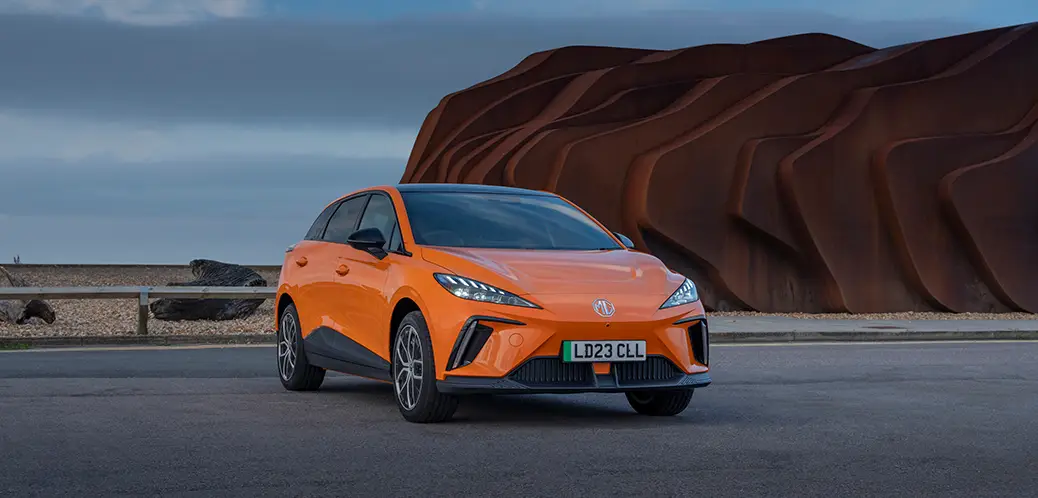In the current crisis, the way that audiences are responding to marketing content has changed dramatically. This means that the automotive industry will need to adapt its marketing efforts in order to demonstrate marketing ROI in the wake of the pandemic.
Social media shows a mixed bag
Looking at the data provided by our research partner and trends in our media coverage, we’ve been able to analyse how consumers have changed their media consumption since the start of pandemic. Facebook has seen its daily active users increase by 11%, indicating that its presence as a social media platform is growing as you’d expect in lockdown measures.
However, Facebook has recently admitted that it has “experienced a significant reduction in the demand for advertising, as well as a related decline in the pricing of ads, over the last three weeks of the first quarter of 2020.” This refers to their Q1 revenues, so it’s likely that their ad engagement will have fallen even further as the effect of coronavirus lockdowns have been even more dramatic during Q2. Facebook’s ad revenue from Q2 will make interesting reading.
What’s trending?
Humourous content
Light-hearted memes are currently responsible for 40% of social media engagement, the highest proportion. This is about 11% higher than normal and, when taking into account the demographics of the UK’s social media uses, equates to roughly 4 million more people.
Nature
The second most engaging form of content nature inspired, attracting 17% of social media engagement. This means that it’s currently engaging about 6 million people in the UK. At a difficult time where the country has been largely confined to their homes, it’s not surprising that people are finding solace in natural beauty. This said, it’s interesting to see that audiences are taking this online.
How can automotive content marketing adapt?
Car companies have been using humour in their marketing efforts for years. See the incredibly successful VW campaigns, which have used humour as an advertising technique since the 1960s in perhaps the most consistent advertising strategy of any one car manufacturer, made famous by the TV series Mad Men.
Light-hearted, humorous content could see a high rate of engagement in the current climate. Because it is more likely to be liked and shared than other types of content, it can reach a very large audience.
However, using humour as a content marketing technique can be risky. There’s a fine line between making a funny piece of marketing content and making something which ends up damaging a brand’s reputation. We’d say that it’s better to be safe than sorry when it comes to making funny content. Avoid offending at all costs.
The car industry also has a long history of using nature as a central motif in its advertising campaigns. Many car adverts locate the car in a natural wilderness or even feature wild animals as central characters.
Nature themed content on social media could attract a lot of positive attention. Content which shows pristine, unspoilt nature gives social media users an insight into a place that differs substantially from their current situation. It lets viewers transcend their own lives, something important in difficult times like these.
If marketers decide to create nature themed content, it should be done delicately and – this should be obvious – avoid raising any animal welfare concerns.
Loop is a specialist PR, communication and marketing agency in the automotive sector. Its Insight team supports clients by developing strategy, in light of insights on media and consumer trends, to create relevant content and campaigns.




